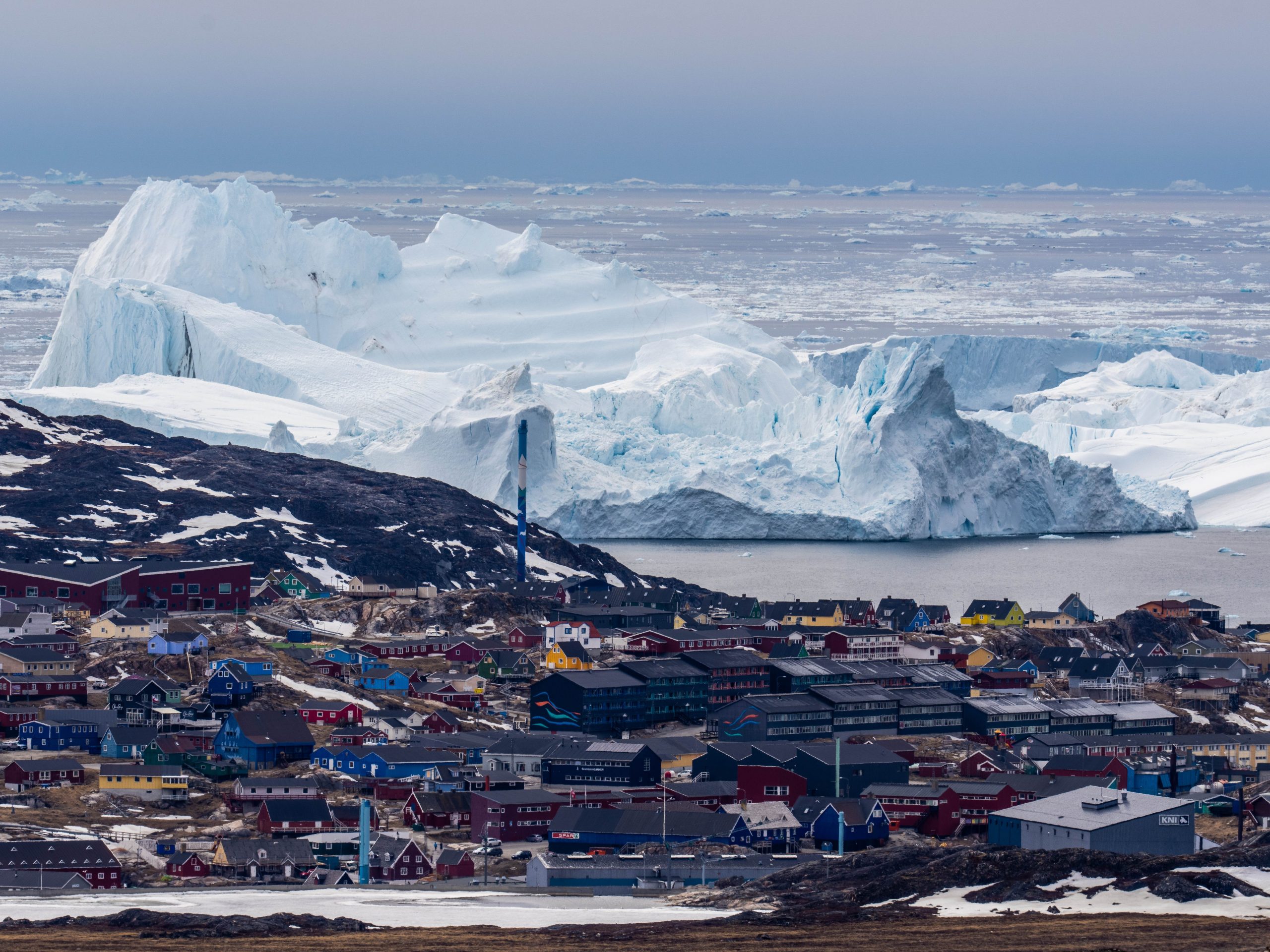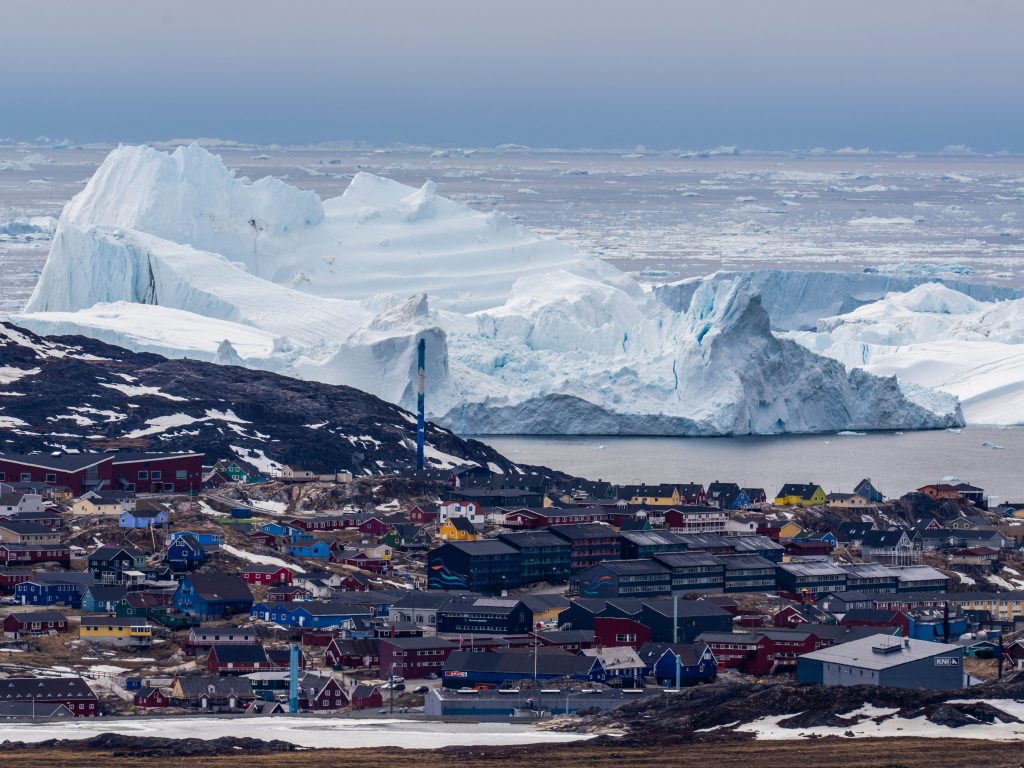
Ulrik Pedersen/NurPhoto via Getty Images
- Greenland lost more than 16 billion tons of ice in two days – enough to cover Florida in 4 inches of water.
- In 2019, Greenland lost more than 530 billion tons of ice, a record high since records started in 1948.
- While the melt volume is not as much, the area affected is expanding, said the World Meteorological Organization.
- Visit Insider's homepage for more stories.
Enough ice melted in Greenland over the past two days that the runoff could cover an area the size of Florida in four inches of water, according to Polar Portal, a Danish website that monitors the Greenland ice sheet.
Greenland is the largest ice mass in the northern hemisphere and has a population of around 50,000. It lost more than 8.5 billion tons of surface mass on Wednesday, according to data from the Danish Meteorological Institute (DMI). The shedding continued into Thursday, where it lost an additional 8.4 billion tons of surface area.
-Polar Portal (@PolarPortal) July 29, 2021
The melting from just Wednesday would be enough to cover Florida – which has a land area of 65,758 square miles – in two inches of water.
The autonomous Danish territory's melting season typically lasts from June to August and peaks in July. Since last Wednesday, it has lost more than 40 billion tons of ice, according to DMI's data, and more than 100 billion tons since the start of June.
Greenland saw its worst melting in 2019, when it lost more than 530 billion tons of ice during the season, reported the BBC. In a one-day record, on July 30, 2019, it lost more than 11 billion tons of ice in a day, reported CNN.
While it's unlikely the ice sheets will see as much melting in 2021, the World Meteorological Organization said in a tweet the melting area is larger than two years ago.
A recent report of 14,000 scientists warning of a climate emergency said Greenland and Antarctica are showing record low levels of ice, and are melting around 30% faster than 15 years ago. Meanwhile, Greenland's melting ice is expected to contribute around 23 feet to rising sea levels eventually, reported the Guardian.
